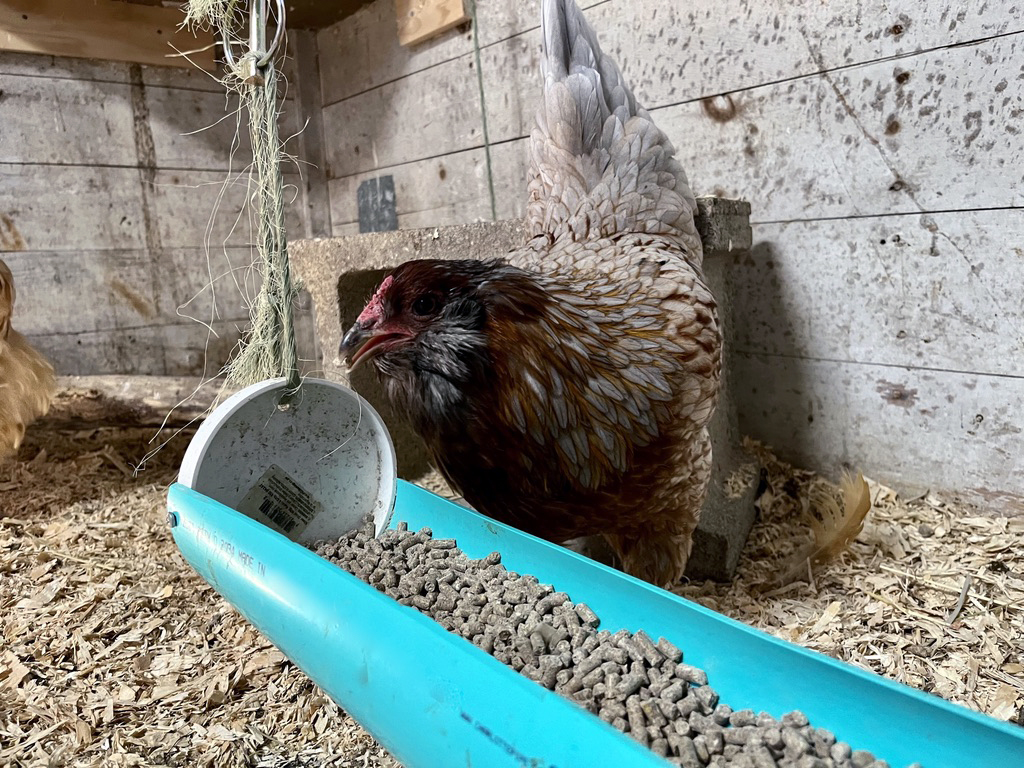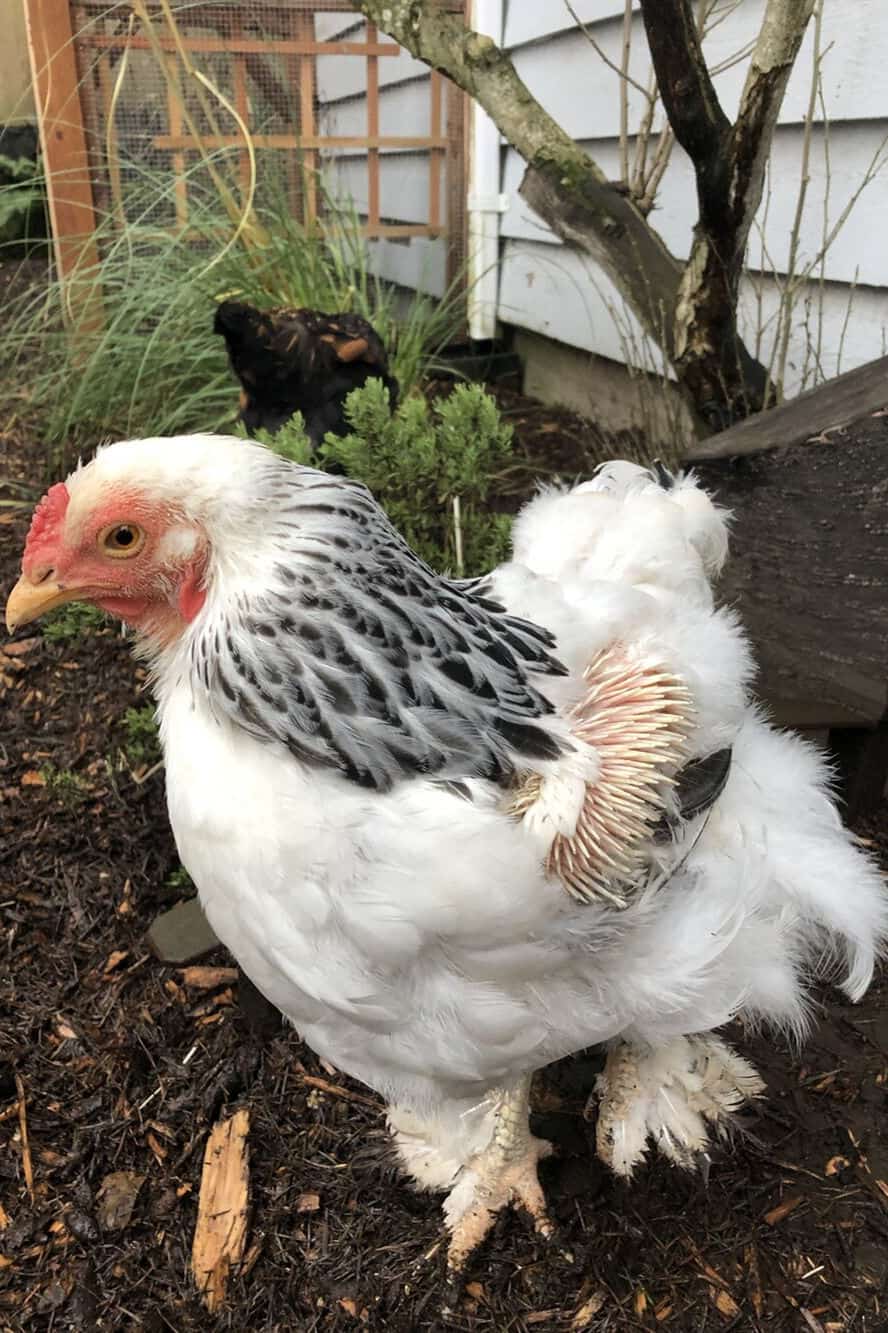Are you a chicken husbandry enthusiast who is looking for ways to make your chickens lay eggs during the winter? You may be surprised to find that there are some simple steps you can take to ensure your chickens lay eggs in winter. With some effort and a few resources, you can create the perfect environment for your chickens to lay eggs during the colder months. In this article, we will provide some surprising tips on how to make your chickens lay eggs in winter.
What Affects Chickens Laying Habits in Winter

Winter can be a challenging time for chicken owners, as lower temperatures, shorter days, and increased stress can all affect a chickens laying habits. Knowing how to get chickens to lay eggs in winter is essential for successful chicken husbandry. In this article, we’ll discuss the factors that influence egg production, the challenges to overcome in winter, and the importance of maintaining the health of your chickens.
Factors that Influence Egg Production
A chicken’s egg-laying habits are largely determined by the amount of light they are exposed to each day. In the winter, when days are shorter, chickens may lay fewer eggs. Additionally, chickens may experience stress due to changes in temperature or the presence of predators. These factors can further reduce the number of eggs they lay.
Challenges to Overcome in Winter
The key to getting chickens to lay eggs in winter is to reduce the amount of stress they experience. Providing adequate shelter, such as a coop, will help to keep them warm and safe from predators. Additionally, it’s important to keep the coop clean, as dirty living conditions can lead to increased stress and disease.
Health of Chickens
Maintaining the health of your chickens is essential for getting them to lay eggs in winter. Make sure they have access to a balanced diet, and provide them with plenty of fresh water. Additionally, it’s important to monitor your chickens for signs of illness, and to take steps to prevent or treat any health issues that arise.
By taking these steps, you can help ensure your chickens stay healthy and lay eggs throughout the winter. With the right care and attention, you can get the most out of your chickens and enjoy a successful chicken husbandry operation.
How to Make Chickens Lay Eggs in Winter
Provide Extra Heat
Providing extra heat in the coop is one of the most important steps to ensure that chickens lay eggs in winter. Chickens require a minimum temperature of 15°C (59°F) to lay eggs, so it is important to maintain the temperature in the coop. Supplemental heat sources like heat lamps and heated pads can be used to maintain the necessary temperature.
Offer a Balanced Diet
Offering a balanced diet is essential for chickens to stay healthy and lay eggs in winter. Layer feed is a good option for chickens to get the necessary nutrients for laying eggs. It is important to supplement the feed with treats like vegetables, fruits and mealworms. Additionally, providing grit, oyster shells and other minerals are important for egg production.
Create a Cozy Nesting Area
Creating a cozy nesting area for the chickens is important for them to lay eggs in winter. Chickens need a dark, quiet and warm place to lay eggs. Providing the chickens with a nesting box that is well-insulated and free from drafts will encourage them to lay eggs in winter.
Provide Adequate Lighting
Adequate lighting is important to encourage chickens to lay eggs in winter. A minimum of 14 hours of light is necessary for chickens to lay eggs. A light timer should be used to ensure that the chickens get the necessary amount of light.
Keep the Coop Clean
Keeping the coop clean is one of the most important steps to ensure that chickens lay eggs in winter. The coop should be cleaned regularly to ensure that the chickens have a healthy environment. Additionally, making sure that the bedding is changed regularly will help keep the coop clean and disease-free.
By following these steps, chicken owners can ensure that their chickens lay eggs in winter and keep their flock healthy and productive.
Frequently Asked Questions
What are the Conditions Necessary for Chickens to Lay Eggs in Winter?
Temperature: Chickens need a temperature between 10 – 20°C to lay eggs.
Light: To lay eggs in winter, chickens need up to 14 hours of light a day. Artificial light sources like lamps can be used to simulate natural light.
Food: Chickens need a balanced diet with plenty of protein and calcium to lay eggs in winter.
Health: Chickens must be disease-free and in good health in order to lay eggs in winter.
Coop: Chickens need a well-ventilated coop that is free of drafts and dampness. The coop should also be kept clean, with ample bedding.
How can I ensure my chickens have enough food and water during cold weather?
- Provide Plenty of Food – Chickens require more food during the winter months to stay warm, so ensure they have access to plenty of high quality feed. Additionally, feed them extra treats such as mealworms or fresh produce to keep their energy levels up.
- Maintain the Water Supply – Make sure the chickens have access to fresh, unfrozen water. If their water tends to freeze over, consider using heated water bowls or a heated water tank.
- Provide Shelter – Provide a dry, draft-free shelter for the chickens to stay warm and protect them from wind and rain. Insulate the coop and make sure the bedding is dry.
- Insulate the Water Supply – Insulate the water tanks or bowls to help keep the water from freezing. Consider placing the water supply near a heat source, such as a heat lamp.
- Offer Extra Treats – Offer extra treats, such as cracked corn or sunflower seeds, to provide additional energy and nutrition during the winter months.
What Sort of Housing is Needed for Chickens to Lay Eggs in Winter?
Chickens need suitable housing to lay eggs in winter, as the cold temperatures can cause stress and reduce egg production. The housing should be well-insulated, have adequate ventilation, and provide protection from predators. The housing should be large enough to provide space for the chickens to move around and be comfortable. To keep chickens warm in winter, the housing should be equipped with a heat lamp or heated floor. If a heat lamp is used, it should be placed away from the roosts so the chickens can easily move away from the heat if needed. The floor of the housing should be covered with a layer of straw, wood shavings, or other bedding material to provide warmth and comfort. The bedding should be changed regularly to ensure a clean, healthy environment for the chickens.
How can I make sure my chickens stay warm and healthy during winter?
Ensure your chickens have access to a dry, draft-free coop with plenty of bedding to stay warm. Provide a heat lamp or radiant heater if necessary, as well as a constant supply of food and water. Keep the coop clean and free of dampness, and check for drafts and leaks. Increase the amount of protein in their feed to help them generate more body heat. Provide natural sources of warmth such as hay bales or heated rocks for your birds to use as roosts. Make sure your chickens have access to a run or other outdoor area, even during the winter months.
What should I do if my chickens stop laying eggs in winter?
1. Check the Temperature: The temperature in your chicken coop should be around 10-15 degrees Celsius for most chicken breeds to lay eggs. If your coop is too cold, your chickens won’t lay eggs. Consider investing in a heated lamp to keep the temperature warm enough for your chickens to lay eggs in winter.
2. Change the Diet: In winter, you should supplement your chickens’ diet with additional sources of protein and calcium. This will help increase egg production in cold weather.
3. Increase Light: Chickens need a minimum of 14-16 hours of daylight to lay eggs. Consider investing in a light bulb that you can use to supplement the natural daylight in winter.
4. Provide Nest Boxes: Make sure you provide your chickens with comfortable nesting boxes. This will encourage them to lay eggs in winter.
5. Check Stress Levels: If your chickens are stressed, they won’t lay eggs. To reduce stress, ensure that their environment is clean and comfortable, that there are no predators nearby, and that the chickens have enough space.
Conclusion
Providing appropriate feed, lighting, and temperature is essential for successful winter chicken husbandry. Maintaining adequate ventilation, providing extra insulation, and protecting chickens from the elements are also important for winter chicken care. If done correctly, chickens can still lay eggs in the winter, providing a valuable source of nutrition and income.
